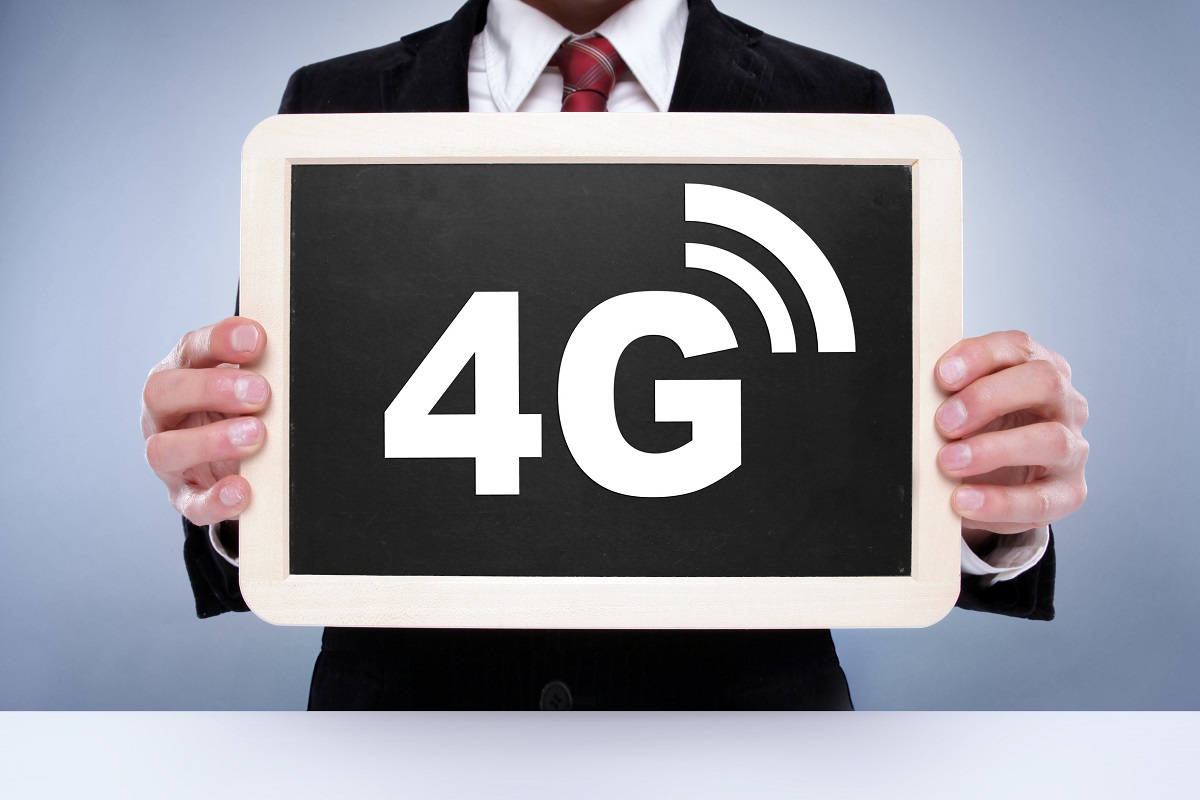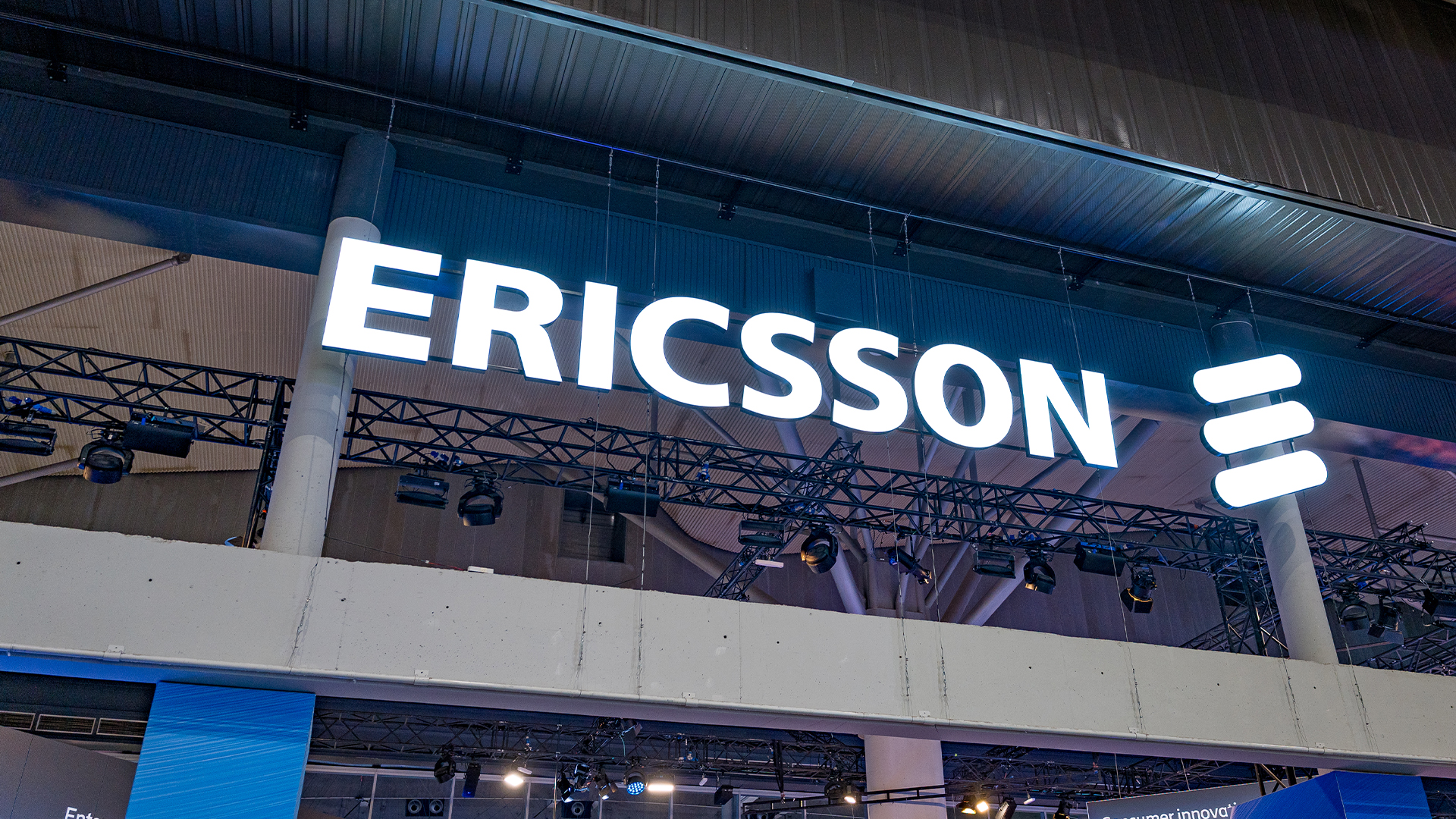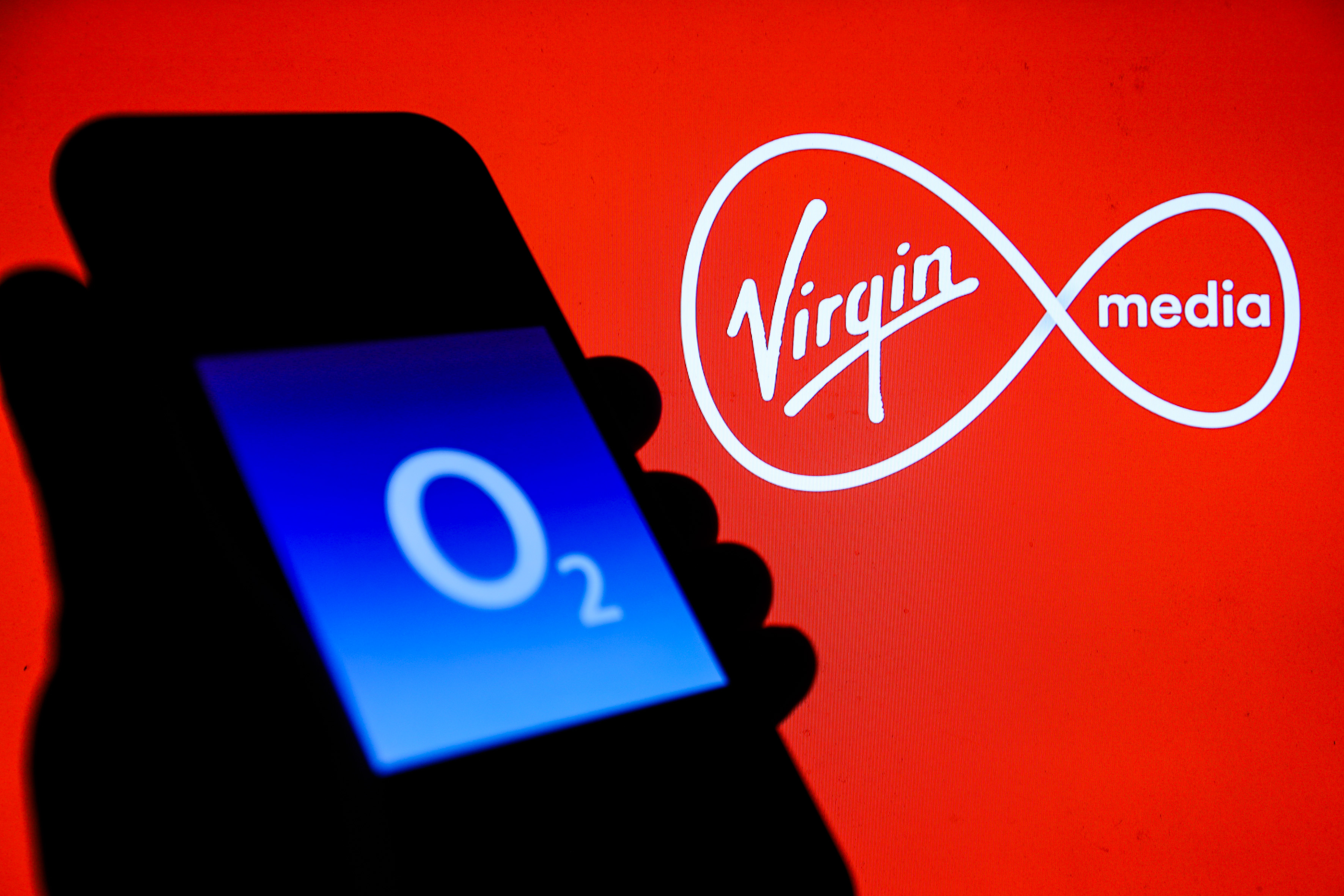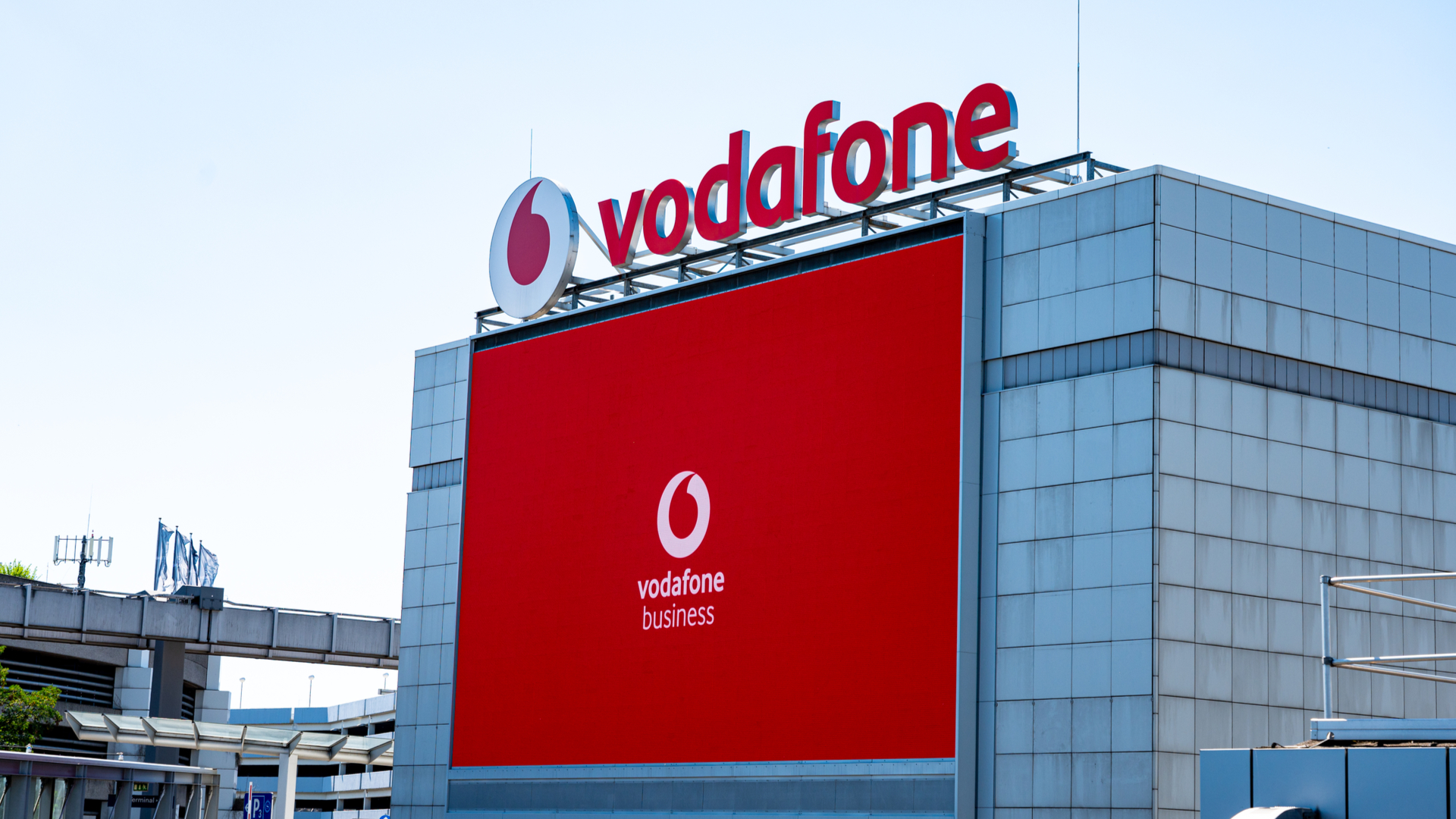4G: Everything you need to know
With 4G being rapidly rolled out across the UK, we take a look at the potential benefits and problems that come with it

Sign up today and you will receive a free copy of our Future Focus 2025 report - the leading guidance on AI, cybersecurity and other IT challenges as per 700+ senior executives
You are now subscribed
Your newsletter sign-up was successful
Why should businesses be interested?
3G has been increasingly showing its age since businesses began to rely more heavily on phones and tablets for work, whether remotely, in the office or out-of-hours. Employees no longer need to leave their work behind when they exit the door everything is at their fingertips at all times and this increased usage demands high-speed, reliable coverage wherever they go.
4G promises to be the solution, good enough to offer either primary or secondary internet connections for employees not always able to be plugged in at their desks. It would be nice if fast, reliable Wi-Fi was available to us everywhere we go, but that's just not the world we live in. Not right now, anyway.
The rise of BYOD and tablets powerful enough to potentially replace laptops has meant that we're less chained to our desks than ever. 4G wireless broadband keeps businesses connected, with more flexibility and the chance to take advantage of remote working or collaboration between teams spread across different parts of the country or even the world.
The truth is that mobile data usage has been rapidly rising for over a decade, and 4G can be seen as a necessary evolution that finally catches up to the demands of an ever-changing world. Companies in the UK are experimenting not just with the adoption of smartphones and tablets for work use, but also with cloud storage and flexible working, and this requires a boost in connectivity.
Adopting 4G is basically a way to both catch up with current technological advances and future-proof your business at the same time. As 4G becomes more widespread across the UK, firms can switch to more remote working for employees, cloud storage for backing-up documents and files and, as a result, increased productivity.
Sign up today and you will receive a free copy of our Future Focus 2025 report - the leading guidance on AI, cybersecurity and other IT challenges as per 700+ senior executives
Caroline has been writing about technology for more than a decade, switching between consumer smart home news and reviews and in-depth B2B industry coverage. In addition to her work for IT Pro and Cloud Pro, she has contributed to a number of titles including Expert Reviews, TechRadar, The Week and many more. She is currently the smart home editor across Future Publishing's homes titles.
You can get in touch with Caroline via email at caroline.preece@futurenet.com.
-
 Anthropic researchers warn AI could 'inhibit skills formation' for developers
Anthropic researchers warn AI could 'inhibit skills formation' for developersNews A research paper from Anthropic suggests we need to be careful deploying AI to avoid losing critical skills
-
 CultureAI’s new partner program targets AI governance gains for resellers
CultureAI’s new partner program targets AI governance gains for resellersNews The new partner framework aims to help resellers turn AI governance gaps into scalable services revenue
-
 Three and Ericsson just launched a first-of-its-kind managed 5G service for businesses
Three and Ericsson just launched a first-of-its-kind managed 5G service for businessesNews The new 5G service looks to supercharge business connectivity across Ireland
-
 How Virgin Media O2 saved “millions” by enhancing data center efficiency
How Virgin Media O2 saved “millions” by enhancing data center efficiencyCase Study Reducing data center power consumption forms part of a broader sustainability drive at the telecoms giant
-
 Medium businesses: Fuelling the UK’s economic engine
Medium businesses: Fuelling the UK’s economic engineWhitepaper A Connected Thinking report
-
 Vodafone and Altice launch €7 billion joint venture in Germany
Vodafone and Altice launch €7 billion joint venture in GermanyNews The British telco currently offers connections to over 24 million homes in Germany, its biggest market
-
 EE rolls out 4G across Glasgow's underground network
EE rolls out 4G across Glasgow's underground networkNews The network is currently restricted to EE customers but is likely to expand in the near future
-
 Nokia and NASA join forces to bring 4G to the moon
Nokia and NASA join forces to bring 4G to the moonNews Cellular service will provide the communications needed for meaningful moon exploration
-
 Birmingham crowned the fastest UK city for 4G download speeds
Birmingham crowned the fastest UK city for 4G download speedsNews While Birmingham also recorded the highest speed hike over 2019, London came in at a middling 9th place
-
 Vodafone to remove Huawei equipment from its core networks
Vodafone to remove Huawei equipment from its core networksNews The decision comes after PM capped Huawei’s involvement in building the UK’s 5G telecoms network


